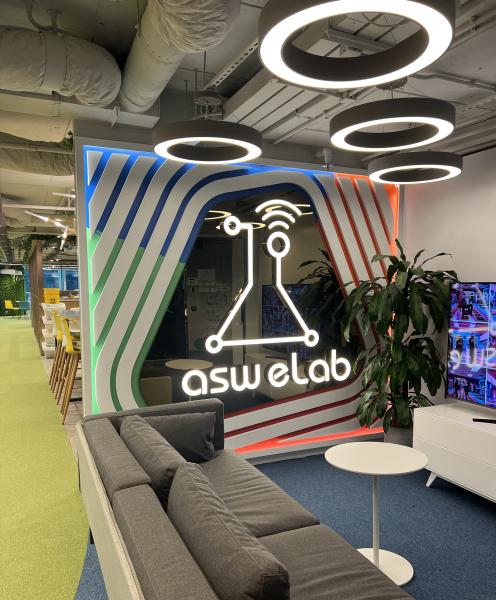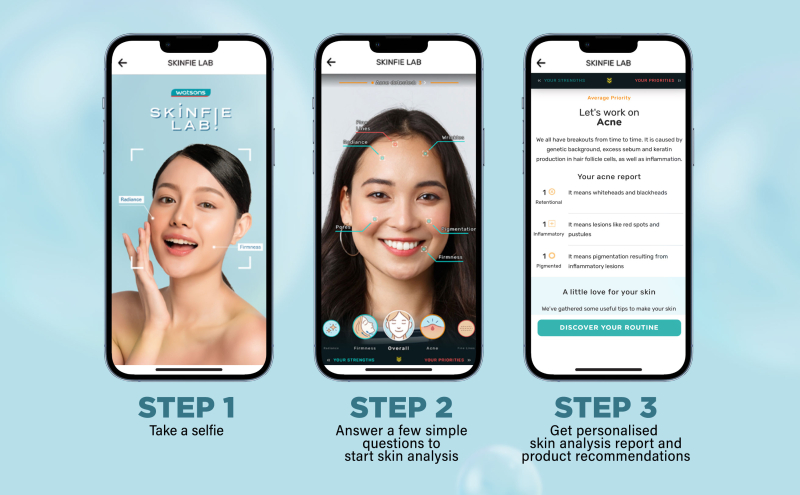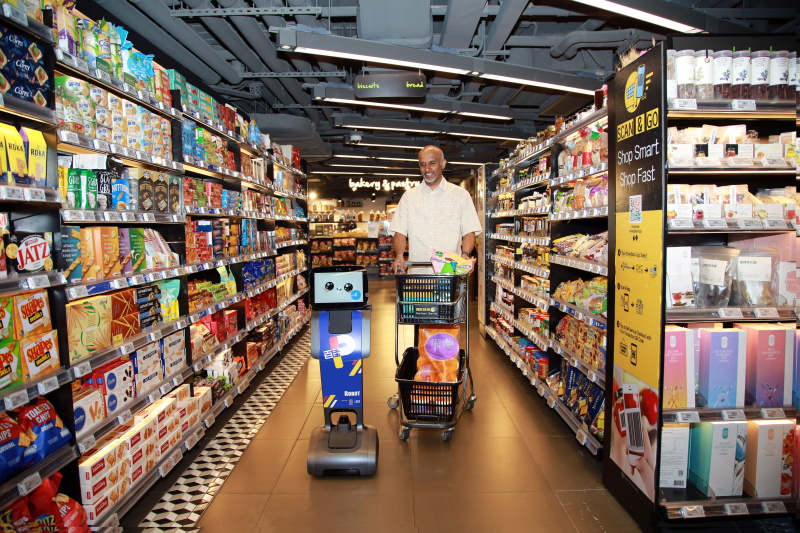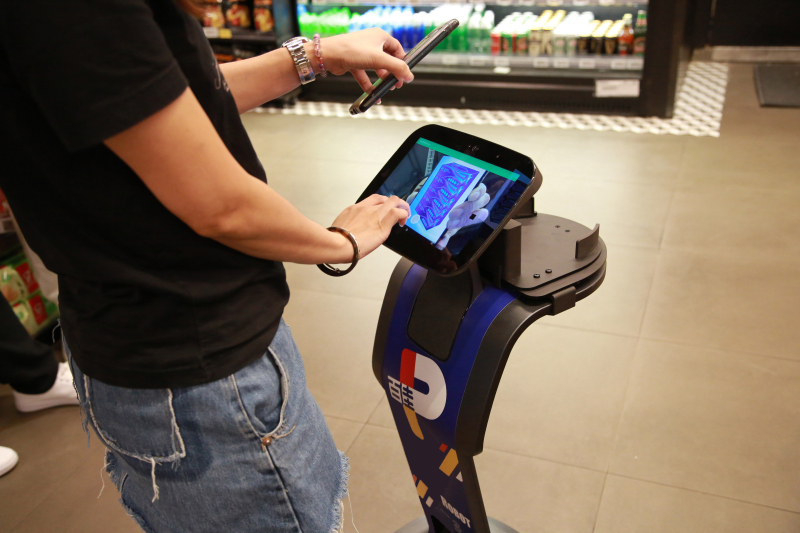A.S. Watson is surfing the AI wave
Artificial Intelligence (AI) is all the rage, transforming everything from student essays to trillion-dollar valuations of companies. But A.S. Watson was surfing the AI wave long before most even knew the surf was up.
Its adoption of early AI coincided with the rise of online retailing. When startups like Amazon began changing the face of online retailing from Silicon Valley, A.S. Watson’s Hong Kong team got excited about the potential presented by the new medium and launched eLab. The eLab initiative became the driver of the O+O platform strategy (Offline plus Online) which is the core of all A.S. Watson’s retail brands. The eLab centres are now replete with crack teams of coders, retail technologists, shopping mavens and more in Hong Kong, London and Milan. The three centres work together and exchange their latest insights and innovations. Globally, eLab has over 250 colleagues that are part of the 600-strong A.S. Watson tech team.
When online retailing met AI, it was driven by algorithmic, big data crunching. Even then, Andrew Ma, Chief Technology Officer of eLab Asia, was thinking about how to use technology to make shopping easier and, more importantly, a thrilling experience for customers. The eLab pioneers engineered metaphorical tags that they attached to products and to people. When their systems learned which product tags went with which people, they could make relevant recommendations. If a customer bought certain products, Watsons could match their tags to other people with similar tags to make recommendations. It sounds simple, but the huge array of tags and combinations demanded massive computing power and innovative programming.
A.S. Watson was surfing the AI wave long before most even knew the surf was up.


Globally, eLab has over 250 colleagues that are part of the 600-strong A.S. Watson tech team.
Scan me, scan me
Increasing bandwidth allows customers to connect their facial scans, performed in-store or anywhere (on their phones), to the massive computing power driving AI advisory. The ColourMe tool on the Watsons mobile app, launched in 2019, allows customers to virtually try on makeup without having to be in the store or to use samples shared with other people. It arrived just in time for the hygiene and social distancing concerns of COVID-19.
Skinfie Lab uses another level of AI: machine learning. Its insights arise from analysing over 16,000 selfie images that give the system the ability to detect a range of facial attributes such as acne or wrinkles, sensitive or dehydrated skin and then recommend skincare products available in Watsons eStore.
Foundation Finder was also built on data from thousands of people. It determines an appropriate foundation colour and recommends it to users. Beyond pattern finding, it replicates the mysterious machinery of the human mind that governs preference, attraction and joy.
But is it good for business? Clearly, yes. Sales conversion rates have increased up to five times among ColourMe users. Even when customers tried new products, they would stick with ColourMe’s recommended colour palette.

Relatable retail robots, remarkably reliable staff
Bobby Ho, A.S. Watson Group IT & Digital Transformation Director (Asia), has been working on AI applications in stores. A friendly robotic store assistant, Temi, races up and down the aisles of larger PARKnSHOP supermarkets, speaking directly to customers and taking them to find the products they crave. Temi is only getting smarter through the work of A.S. Watson’s tech teams.
AI is making human staff more effective too. A new tool enables staff to take a photo of a shelf in-store and the AI will pick out anything out of place so staff can correct it. It’s about having the right product in the right place all the time.
With over 9,000 variations of products, no staff member can remember them all – but AI can help.

The same staff have tools to help customers. “Do You Have This?” allows staff (and soon Temi) to scan a product or image presented by a customer to determine if they have it in stock. With over 9,000 variations of products, no staff member can remember them all – but AI can help. The next level is the “Something you may also like” tool which will recommend suitable additions or alternatives for customers to consider.
Using new, ChatGPT-style AI, chatbots can move beyond using keywords to spit out pre-planned answers to providing spot-on, natural language advice for customers.
The eLab and A.S. Watson tech teams are still innovating, living in the joy of developing and applying new technology to make the lives of their colleagues easier, and bringing more delighted customers into the world of A.S. Watson’s 12 brands. They could be forgiven for thinking of the world’s largest international health and retailer group as the “AI Watson Group”!
